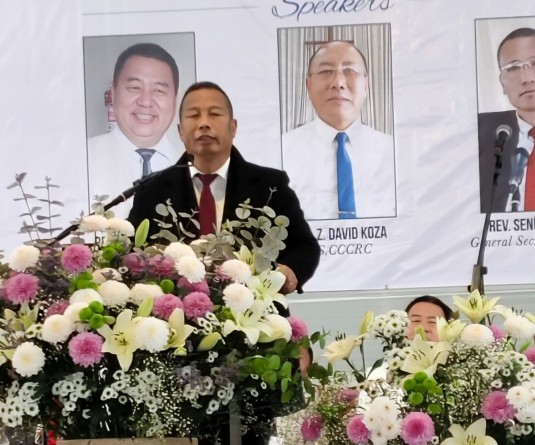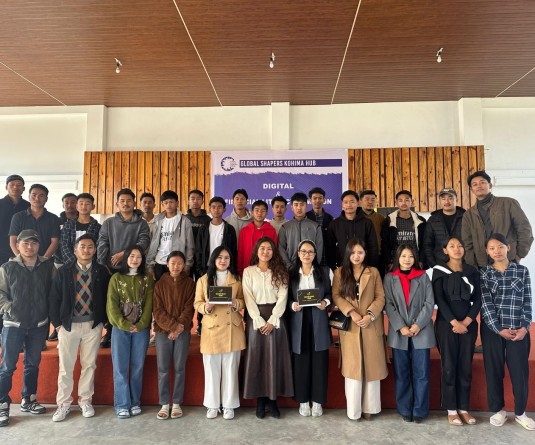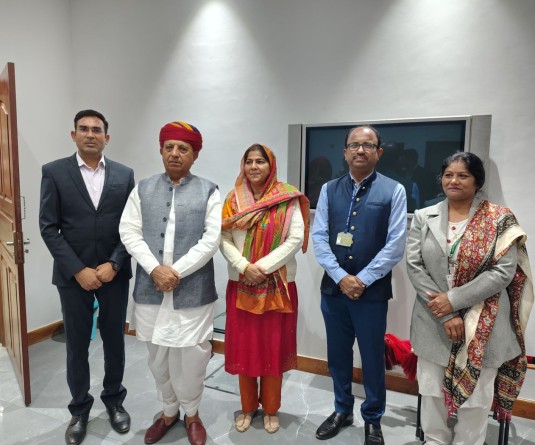
Kohima, August 8 (MExN): The Naga Students' Federation (NSF) has expressed concern over the recent civil unrest in Bangladesh, warning that it could have serious repercussions for the North East region. In a press release issued today, the NSF underscored the risks associated with a potential mass exodus of Bangladeshi nationals into the Naga homeland, a scenario they believe could lead to significant demographic and socio-economic challenges.
"The current situation in Bangladesh is deeply troubling, not just for their country but for the entire region," stated the NSF. The federation drew attention to the historical patterns of migration into the North East, particularly during periods of crisis. They referenced the partition of India in 1947, which saw large numbers of Bengalis from East Pakistan (now Bangladesh) crossing into Assam and Tripura, and the Bangladesh Liberation War of 1971, which triggered another wave of migration. According to the NSF, these historical influxes dramatically altered the demographic landscape of the region, particularly in states like Assam, Tripura, and Meghalaya.
The NSF voiced fears that history could repeat itself, leading to what they described as an "uncontrollable influx of illegal immigrants into the Naga homeland." The Federation emphasized that such an influx would not only place enormous strain on the state’s already limited resources but also pose a significant threat to the cultural and demographic fabric of the Nagas. "For years, Nagaland has been grappling with the unabated inflow of illegal immigrants. Despite the efforts of the state government and local authorities, the challenges have persisted," the NSF noted.
In their statement, the NSF highlighted several specific concerns. They warned of a demographic imbalance, stating that "the continuous inflow of illegal immigrants has led to a significant demographic shift in many parts of the North East, including the Naga homeland." The Federation stressed that this shift threatens the cultural identity and traditional way of life of the indigenous Naga people.
Economic strain was another key issue raised by the NSF. The organization pointed out that "the illegal immigration crisis places immense pressure on the state’s economy," leading to intensified competition for limited resources, employment, and public services. This, they argued, could result in economic instability and hardship for the local population.
The NSF also expressed concern over the potential for social tensions, noting that "the arrival of large numbers of illegal immigrants has the potential to ignite social unrest and conflict within communities." The current civil unrest in Bangladesh, they feared, could exacerbate these tensions and lead to further instability in the region.
The NSF called on the government of Nagaland to take immediate and decisive action. "We urge the government to immediately liaise with neighboring state counterparts to strengthen border security, implement stringent immigration controls, and ensure the rigorous enforcement of the Inner Line Permit (ILP) system," it demanded.
It also appealed to local authorities and community leaders to remain vigilant and proactive in addressing the challenges posed by illegal immigration. The federation specifically urged Village Councils to refrain from issuing Permanent Residential Certificates (PRCs) to illegal immigrants.






